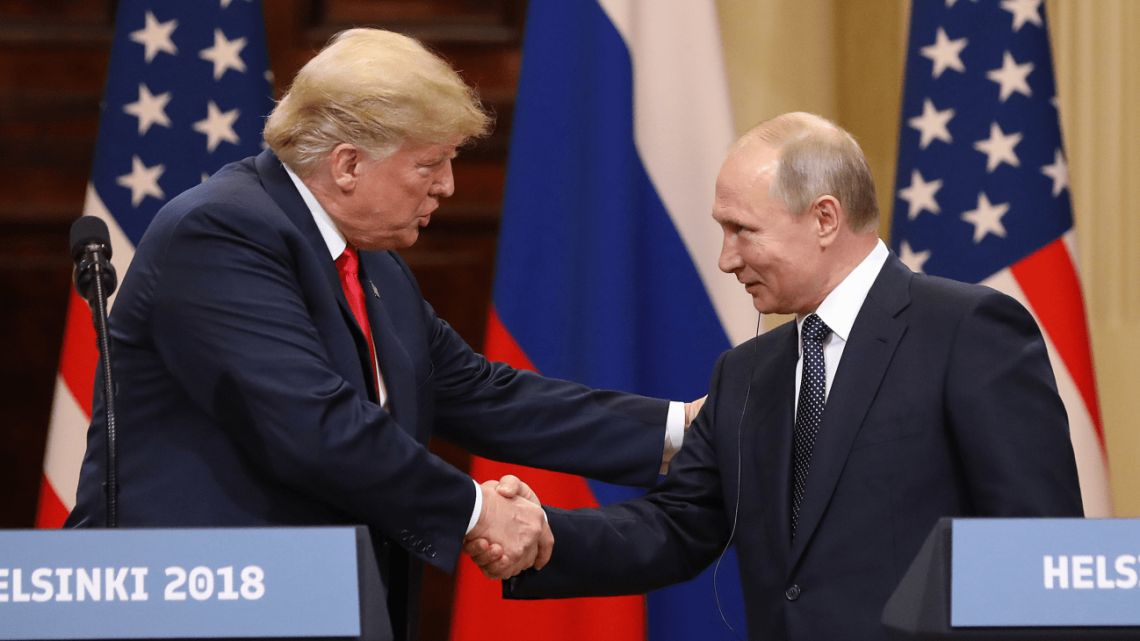(Analysis) Donald Trump’s victory in the 2024 U.S. presidential election has sent ripples through Beijing’s corridors of power. Chinese officials now face the reality of renewed tensions with America.
The prospect of intensified rivalry looms over trade, technology, and security matters. Trump’s win, while not entirely unexpected, has prompted a swift reassessment of Sino-American relations.
Chinese leaders anticipate more aggressive rhetoric and potentially severe economic measures from the new administration. The president-elect’s campaign promises have raised alarm in China’s economic circles.
Trump has proposed imposing tariffs exceeding 60% on Chinese imports. He also plans to revoke China’s most-favored-nation trading status. These policies could significantly disrupt China’s economy.
China currently exports over $400 billion worth of goods to the U.S. annually. It also supplies components for products Americans purchase from other countries. A trade war could severely impact this economic relationship.
 China Steels Itself for Trump’s Return: A New Era of Superpower Rivalry. (Photo Internet reproduction)
China Steels Itself for Trump’s Return: A New Era of Superpower Rivalry. (Photo Internet reproduction)Chinese analysts expect Trump to accelerate technological decoupling between the two nations. This move might threaten China’s economic growth and stability. In response, Beijing is likely to intensify efforts to achieve technological self-reliance.
China’s Strategic Adjustments Amid U.S. Isolationist Policies
Trump’s isolationist foreign policy presents both challenges and opportunities for China. It could create power vacuums in various regions. Beijing might seek to expand its global influence in these areas.
Chinese President Xi Jinping faces a delicate balancing act. He must maintain cordial personal relations with Trump while projecting China’s strength. This strategy aims to manage tensions while asserting China’s position on the world stage.
The Chinese government has officially stated its willingness to cooperate with the U.S. It emphasizes principles of mutual respect and peaceful coexistence.
However, behind the diplomatic language, preparations for a more competitive relationship are underway. China may strengthen ties with countries in the Global South, Europe, and Northeast Asia.
Recent approaches with India and Japan indicate this strategic shift. These moves aim to counterbalance potential U.S. disengagement under Trump. The Taiwan issue remains a critical point of contention.
Trump’s previous statements about Taiwan’s defense have caused unease in Beijing. China continues to view the island as a breakaway province to be reunified. As the world’s two largest economies brace for renewed rivalry, global markets watch closely.
The coming years may reshape international trade, diplomacy, and security arrangements. Both nations face the challenge of managing competition while avoiding outright conflict.

 By The Rio Times | Created at 2024-11-06 18:09:20 | Updated at 2024-11-06 20:47:03
2 hours ago
By The Rio Times | Created at 2024-11-06 18:09:20 | Updated at 2024-11-06 20:47:03
2 hours ago






